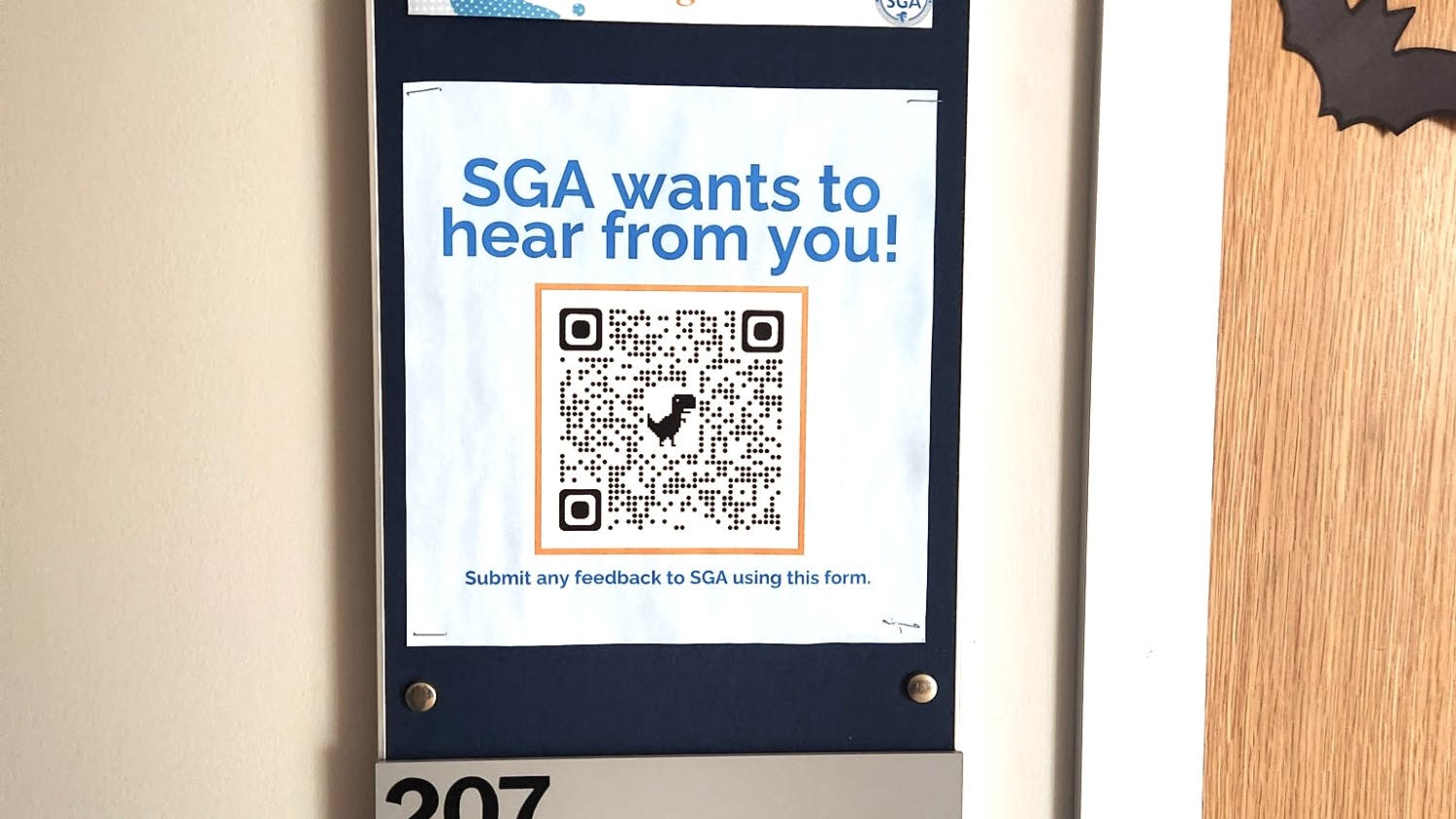Although lacking the face-to-face interaction of a traditional class, Seton Hall has seen over 1,500 students graduate through online courses, with a higher retention rate than traditional on-campus courses since 1998, according to the university's Web site.
Professor Donald McKenna teaches two sections of Communication Ethics, one online and another on campus, putting himself in a situation to experience both styles of teaching and learning.
He has taught the class online for three semesters and has been immersed in the technology of teaching online for almost ten years.
"This allows me to directly compare the work done by the on-line students with that done by those in class," McKenna said.
He designed the online Strategic Communication and Leadership masters course for Seton World Wide and was academic director of the online program.
Senior Amanda Muti was attracted to the idea of an online class, and took Great Books of the Western World I in Spring 2009.
"I thought it would be interesting to see a web-based class taught rather than a lecture style," Muti said. "I myself am an elementary, special education and English double major, and I feel different teaching styles are always changing and it is important to keep up to date."
Some students stumble across online classes in the favor of registering for classes. Asia Stribling did not register for her Great Books of the Western World II knowing that she was going into an online curriculum.
"I didn't know it was an online class until two weeks before classes had started," Stribling said. "I e-mailed the professor trying to find out why the class time and place were still ‘TBA' and she emailed me back and informed me that I was enrolled in an online class."
Despite the initial desire for a traditional in-class curriculum, Stribling has found her online class to be beneficial, especially in the flexibility and understanding that the professors show for busy students.
"I love that I don't have to worry about being late or not making class," Stribling said. "It's such a hassle when you miss one class; e-mailing the professor, getting the notes, and playing catch up for the next two classes."
McKenna noted that the lack of face-to-face contact can be a drawback despite all the benefits an online class offers.
"Some students relate better to personal contact," McKenna said.
Muti also noted that online classes force students to practice good time management.
"Since my professor had assignments due basically every week, I was responsible for reminding myself to complete the work," Muti said. "There was no option of walking into class every week and having the professor tell you exactly what was due."
Both Muti and Stribling would consider taking online courses again given their previous success.
McKenna said that, "online courses allow students greater opportunity to think about and process information and concepts before they participate or respond."
However, McKenna also noted that students need to take their time seriously if they are going to use the technological advances to their advantage.
Samantha Desmond can be reached at samantha.desmond@student.shu.edu.





